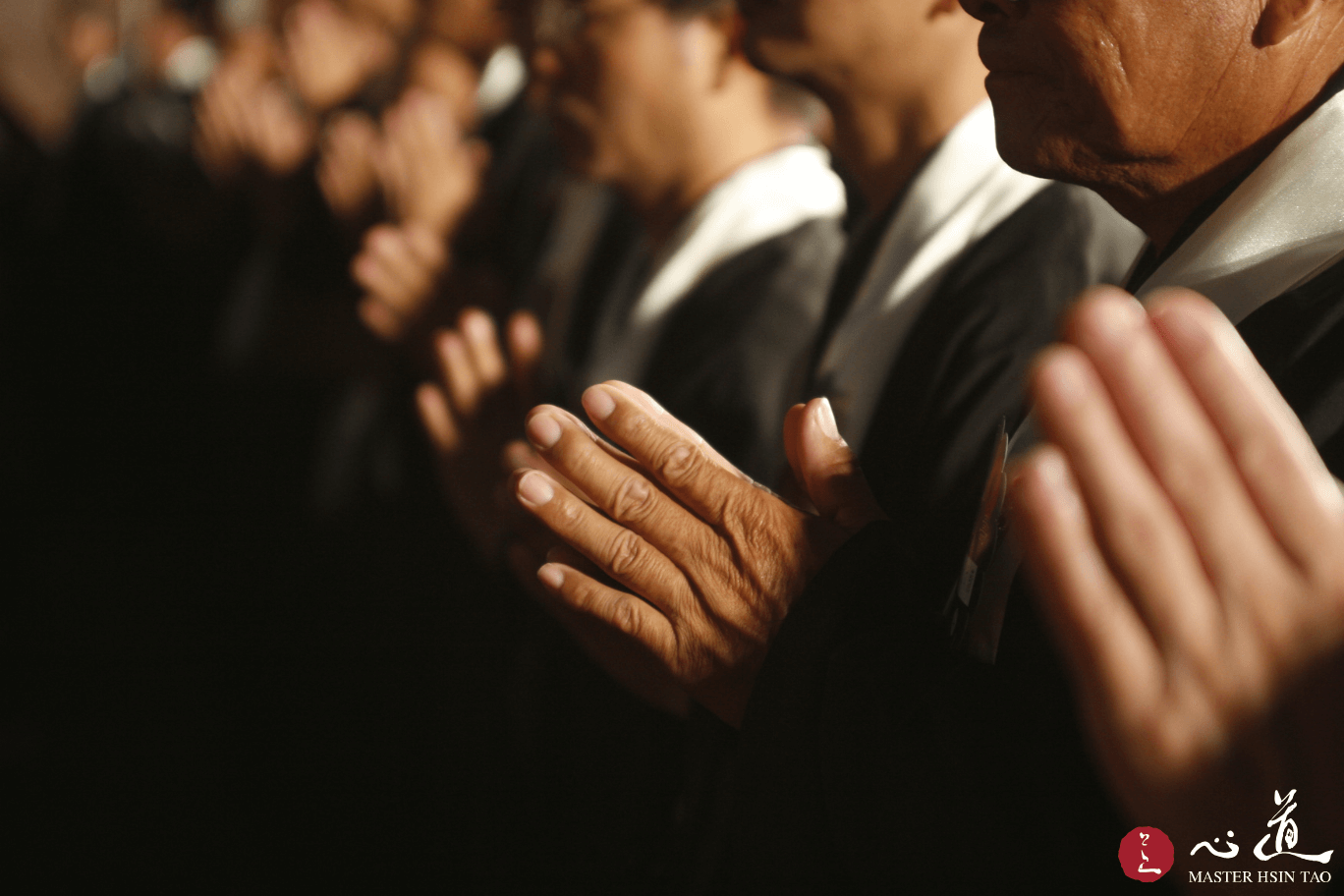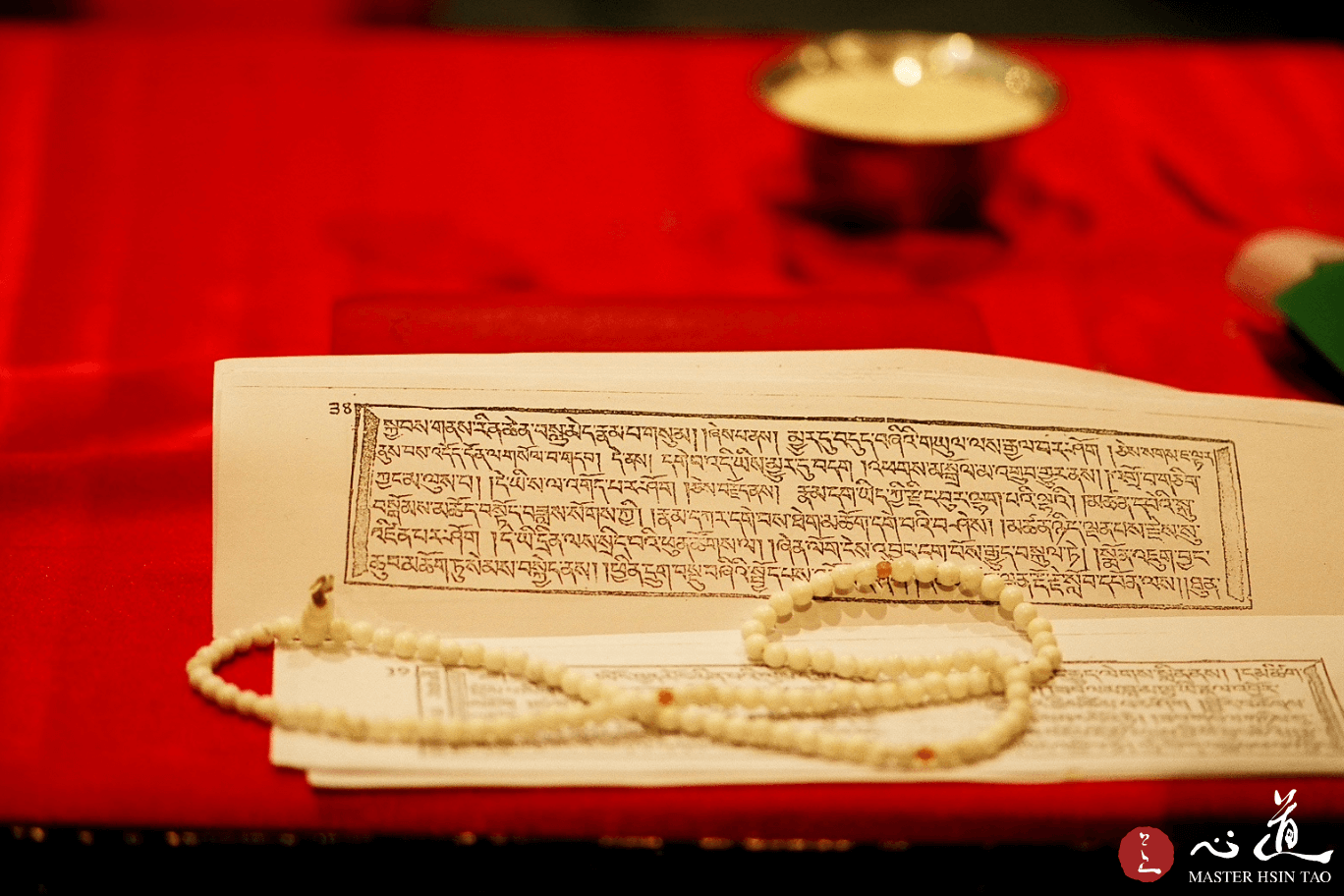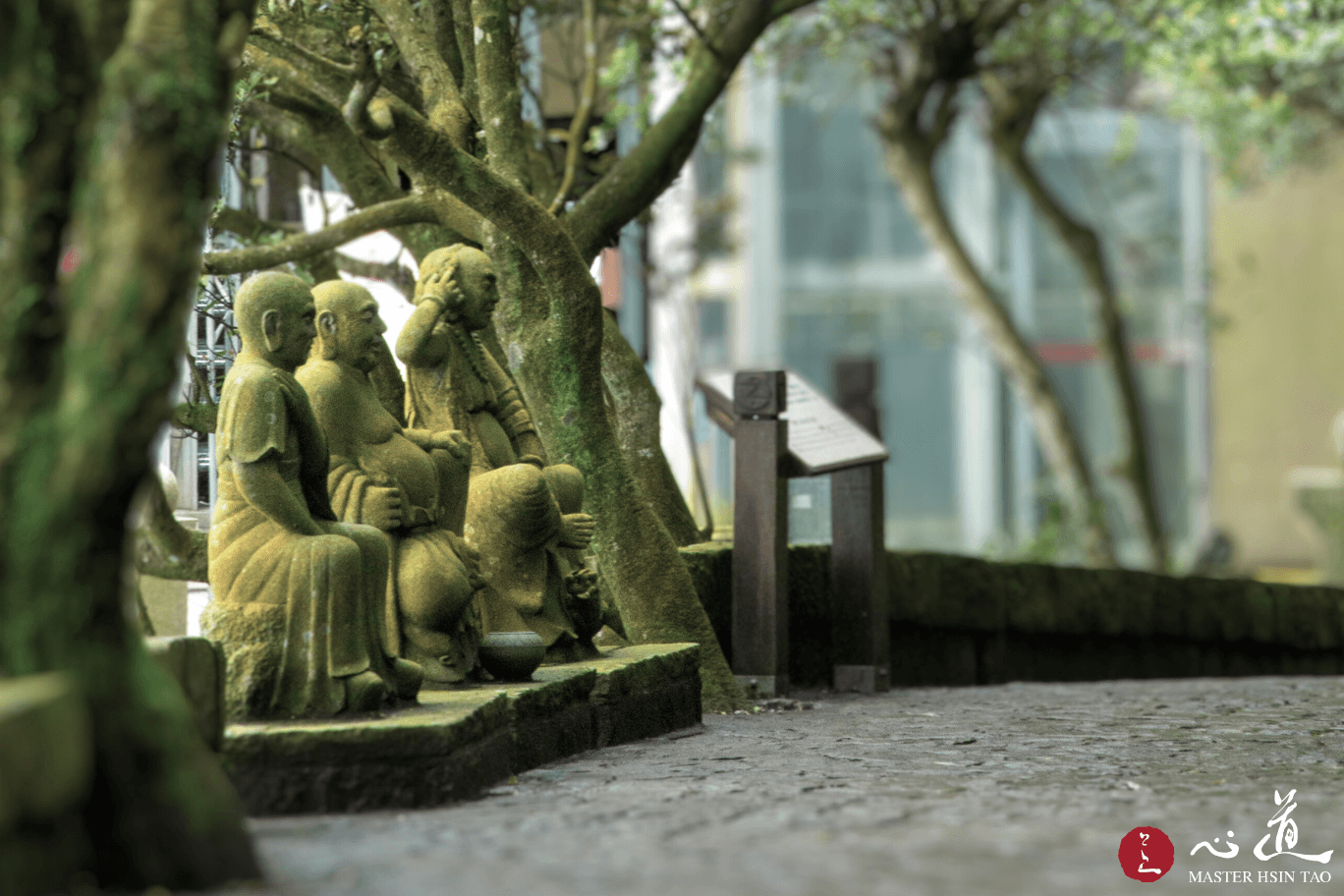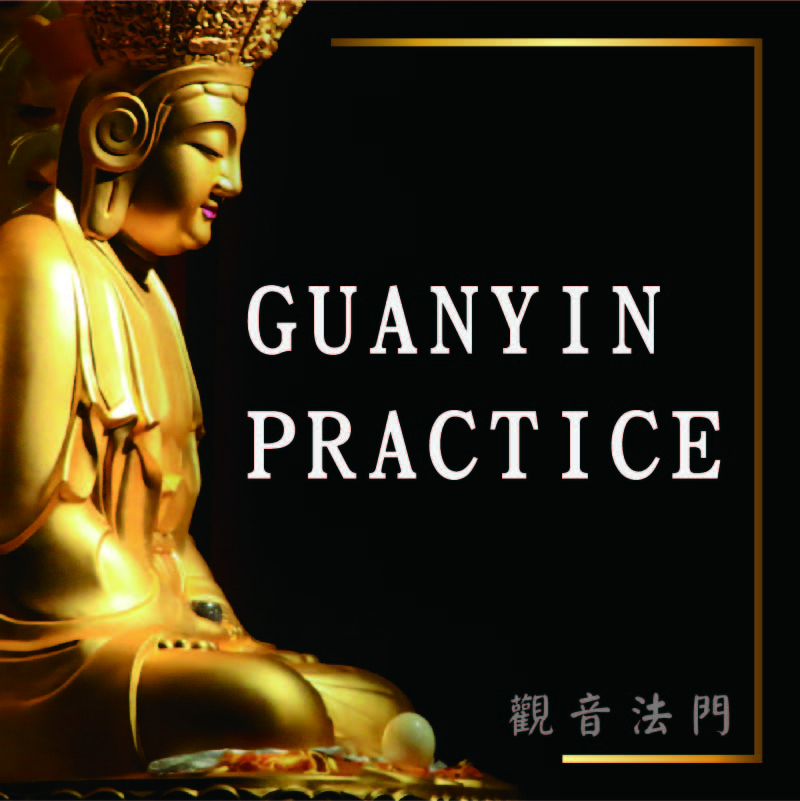
Universal Dedication
 In Buddhist practice, practitioners must cultivate the mindset of dedicating merit. Questions then arise: why should one dedicate merit, and how should this dedication be performed? Merit dedication serves as a training to expand one's breadth of mind and spiritual capacity, gradually enlarging the scope of compassionate concern beyond self-centered preoccupations towards the welfare of all sentient beings. Through this process, one's accumulation of merit increases proportionally. Conversely, when one's thoughts and intentions remain exclusively self-serving, both spiritual capacity and merit fail to develop.
In Buddhist practice, practitioners must cultivate the mindset of dedicating merit. Questions then arise: why should one dedicate merit, and how should this dedication be performed? Merit dedication serves as a training to expand one's breadth of mind and spiritual capacity, gradually enlarging the scope of compassionate concern beyond self-centered preoccupations towards the welfare of all sentient beings. Through this process, one's accumulation of merit increases proportionally. Conversely, when one's thoughts and intentions remain exclusively self-serving, both spiritual capacity and merit fail to develop.
By habit, most people tend to dedicate merit towards personal objectives such as good health, well-being, and material prosperity, extending these aspirations primarily to family members and loved ones. However, merit dedication in Buddhism encapsulates the principle of transcending the limited scope of personal benefit in favor of universal welfare. The practitioner should consistently aspire that all sentient beings may encounter the Dharma, thereby attaining liberation and the cessation of suffering. Regardless of whether one engages in Chan practice, recitation of the name of Amitabha, pilgrimage, prostration, or circumambulation, all virtuous activities should be undertaken with this expansive intention. The practitioner should maintain the contemplation, “May all meritorious deeds I perform be dedicated to establishing all sentient beings so that they attain Buddhahood.”
 As exemplified by my routine dedication, “May all lay and monastic disciples who practice Dharma maintain unwavering determination in their spiritual path and never regress from bodhicitta. May all global disasters be mitigated and eliminated, may conflicts and wars cease, and may all beings dwell together in harmony. May all beings obscured by ignorance receive right mindfulness and authentic Dharma, learn Buddhadharma, and transform suffering into happiness.”
As exemplified by my routine dedication, “May all lay and monastic disciples who practice Dharma maintain unwavering determination in their spiritual path and never regress from bodhicitta. May all global disasters be mitigated and eliminated, may conflicts and wars cease, and may all beings dwell together in harmony. May all beings obscured by ignorance receive right mindfulness and authentic Dharma, learn Buddhadharma, and transform suffering into happiness.”
Practitioners should consistently generate intentions whereby all sentient beings may study Buddhism, attain Buddhahood, acquire wisdom and merit, and obtain freedom from suffering. Merit dedication thus constitutes a form of generosity. For instance, when enjoying pleasant food, one should think, “May all sentient beings partake of such excellent nourishment and experience the same pleasure that I do.” This mental attitude constitutes an act of giving. When one’s thoughts consistently maintain such dedication, one is emulating the way of a Mahayana Bodhisattva.
 When every intention involves dedication whereby each thought benefits others, one's mindstream naturally becomes pure and motivated by bodhicitta. Each virtuous intention arising daily becomes like a drop of water entering the vast ocean, ensuring that every act of merit dedication constitutes virtuous karma and beneficial mental states that never dissipate, establishing an unbreakable connection with buddhas. Simultaneously, through this practice, one continuously cultivates mental concentration, carefully tasting the qualities of purity, stability, and liberation in such states of consciousness. This is the fundamental purpose of engaging in merit dedication on daily basis.
When every intention involves dedication whereby each thought benefits others, one's mindstream naturally becomes pure and motivated by bodhicitta. Each virtuous intention arising daily becomes like a drop of water entering the vast ocean, ensuring that every act of merit dedication constitutes virtuous karma and beneficial mental states that never dissipate, establishing an unbreakable connection with buddhas. Simultaneously, through this practice, one continuously cultivates mental concentration, carefully tasting the qualities of purity, stability, and liberation in such states of consciousness. This is the fundamental purpose of engaging in merit dedication on daily basis.













